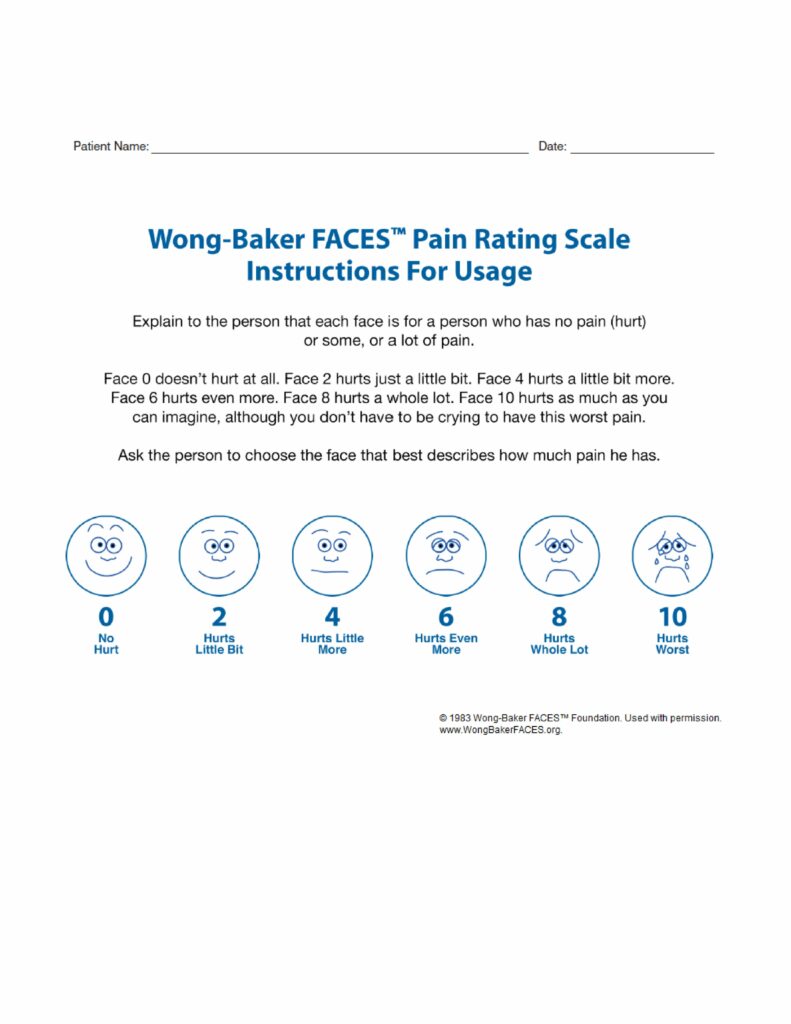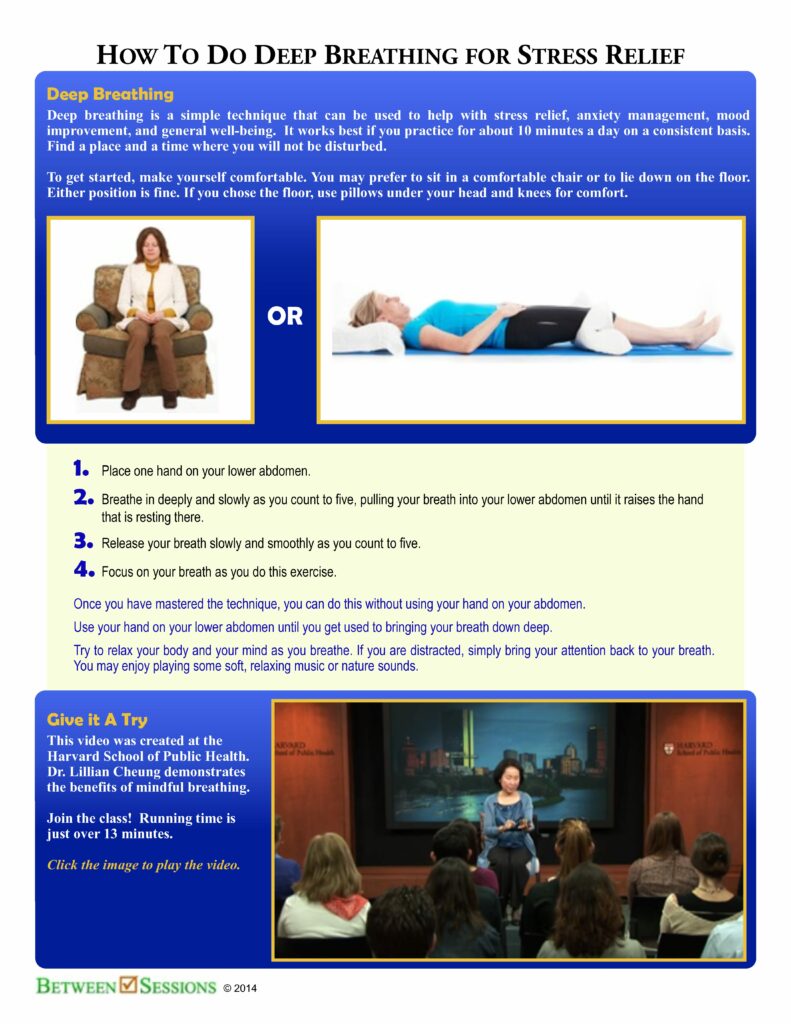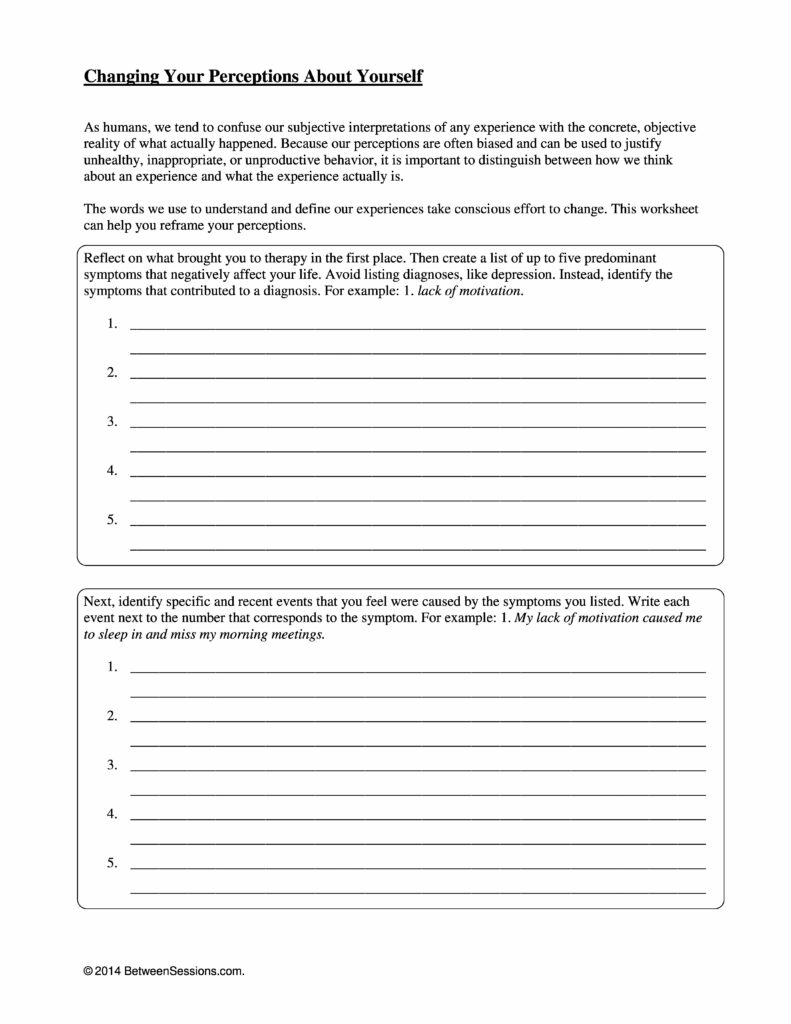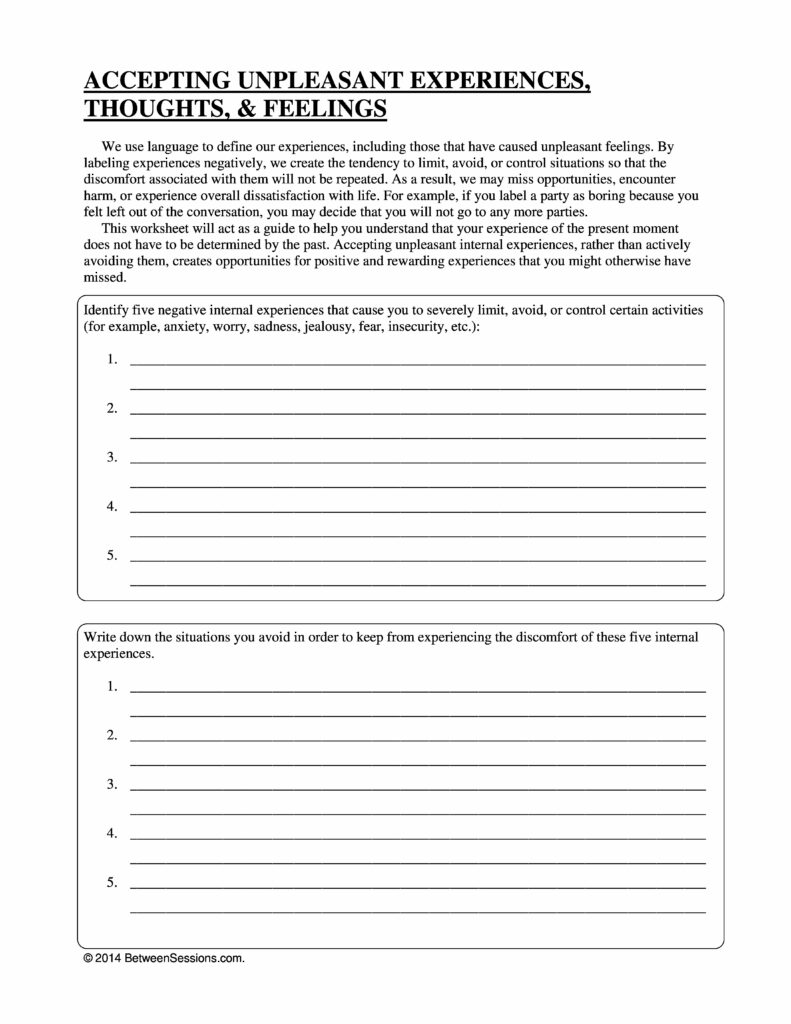Studies tell us that when professionals prescribe therapeutic homework, clients report significantly better outcomes. Our worksheets are derived from evidence-based therapies, and they are designed by experienced professionals. Use the navigation links on the left of this page to view tools in a specific category. Or use the search box at the top of this page to find the exact tool you are looking for.
To modify the tools, click the ‘Send to Client’ button by each tool to open the Psychology Forms Filler. You can then edit the tool as you see fit and either print it out or send it to a client to be filled out online. Click here for a tutorial on using the Psychology Forms Filler.
If you can’t find what you are looking for on this site, please let us know by
clicking here and our team of writers, graphic artists, and therapists will custom-design it for you.
Grounding techniques are often recommended for clients who feel overwhelmed by their thoughts and feelings. This pdf includes a worksheet to help clients practice this technique and a link to a video demonstration of the technique. (1214)
This worksheet is designed to help people correct distorted thinking about their bodies. It provides several examples of common distorted thoughts people have about their bodies and gives them examples of corrected responses. (cognitive distortions, body image, eating disorders, body dysmorphia, 1214)
Developed at Memorial Sloan-Kettering, this one-page worksheet contains scales to measure four aspects of pain. (1214)
This brochure, developed by Partners Against Pain, contains thoughtful advice for people who care for someone in chronic pain. Form Type: PDF (1214)
The classic Wong-Baker scale designed to visually measure the intensity of pain on a 0-10 scale. Particularly helpful for use with children. (pain management)
This worksheet will assist clients develop an awareness of when they are at risk for a lapse in their progress by identifying early warning signs (triggers and symptoms) and how to appropriately respond.
This worksheet describes the four basic steps of relaxing through deep breathing. The worksheet links to a 13-minute exercise for clients to practice deep breathing, led by Dr. Lillian Cheung, of the Harvard School of Public Health. (mindfulness, breathing exercise, audios, stress management, 1114)
This worksheet asks clients to think about themselves objectively, based on the facts in their lives rather than on a subjective interpretation of their experiences. This exercise is derived from Acceptance and Commitment Therapy (ACT, 1114).
This worksheet, derived from Acceptance & Commitment Therapy (ACT), is designed to help people accept unpleasant internal experiences, and not use them as an excuse to avoid life-affirming situations.
This worksheet is a Narrative Therapy technique which can be used to help clients get more perspective on their presenting problem and see that they have the power to change their “life story.” (narrative, therapy, problem-solving, 1114)









